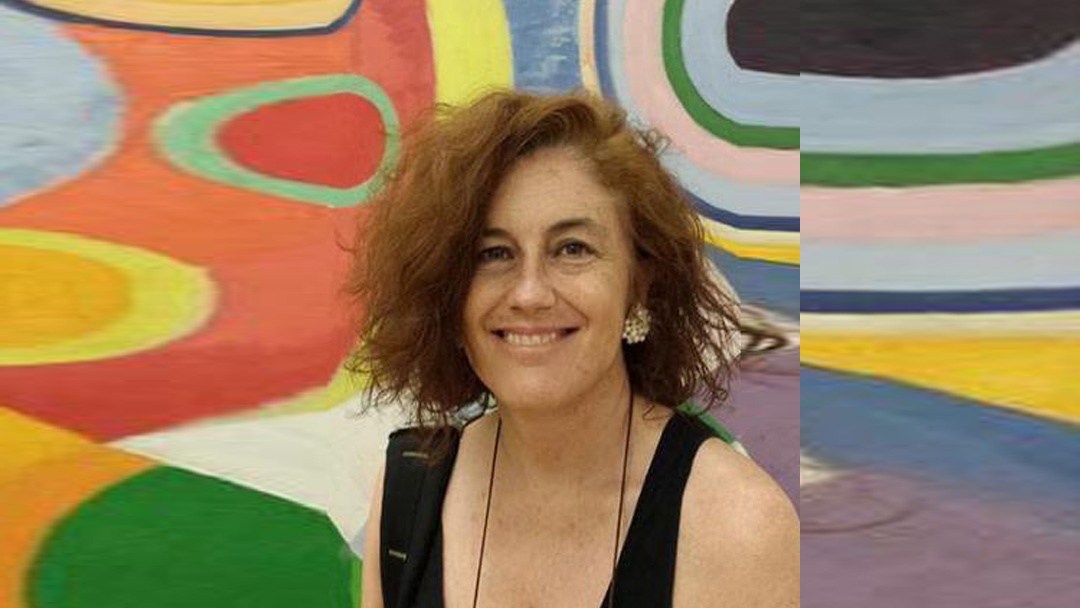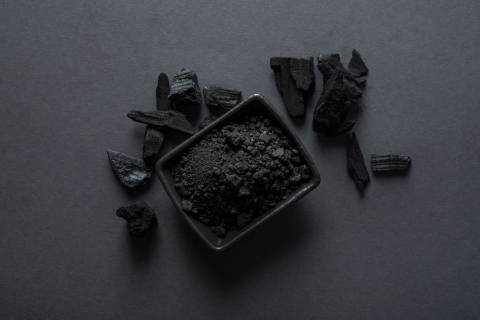
Functional genomics, the field dedicated to assigning biological meaning to DNA sequences and better understanding the relationship between genotype and phenotype, will be the focus of the second plenary session at Aquaculture Europe 2025 Valencia (AE25VAL).
Dr Elisabetta Giuffra, a leading researcher at France’s National Research Institute of Agricultura, Food and Environment (INRAE), will open the session. A biologist with PhD in science, Dr Giuffra is currently Research Director at the GABI Unit of Paris-Saclay University, INRAE and AgroParisTech, based in Jouy-en-Josas.
Her talk will highlight the latest progress in functional genome annotation, a scientific approach that, when applied to aquaculture and other domesticated species, enables researchers to determine the roles of different DNA regions and to explore how genetics influences observable traits. Since 2015, this field has significantly enhanced the value of genome sequencing in both terrestrial and aquatic species.
Within this context, Dr Giuffra will showcase key findings from the H2020 Gene-SWitCH project, alongside other initiatives from the EuroFAANG consortium, which have played a pivotal role in translating genomic insights into practical applications, particularly in the study of genotype-to-phenotype relationships.
She will also introduce a new European initiative aimed at supporting both fundamental and applied research across the animal farming sector, including aquaculture.
Aquaculture Europe 2025: Bridging Science and Industry in a Strategic Forum
Jaume Pérez, Chair of the Aquaculture Europe 2025, emphasized the global importance of the congress within the aquaculture sector, noting its unique ability to bring together both industry professionals and academic researchers under one roof.
Speaking to misPeces, Pérez highlighted that the event goes beyond merely presenting new research directions: “It’s about identifying the real character of this year’s edition, which falls under the umbrella of Spain’s complementary national marine sciences programme, involving several autonomous communities. Notably, the Valencia Community has taken a leading role, making a significant effort to support and bring this initiative to life.
According to Pérez, the true value of Aquaculture Europe lies in its ability to facilitate knowledge transfer and address one of the sector’s most persistent hurdles: the lack of effective communication between academia and the industry. “Too often,” he said, “we fail to connect. But when academia, producers, and industry stakeholders come together in the same place, we always reach the same conclusion: we need to talk more.”


